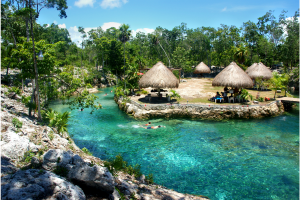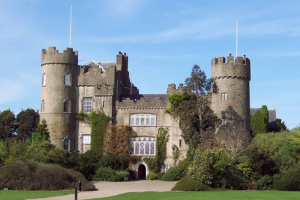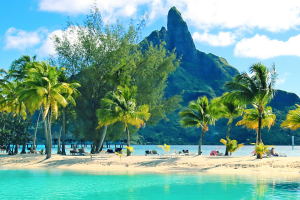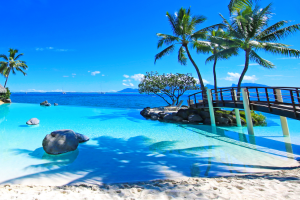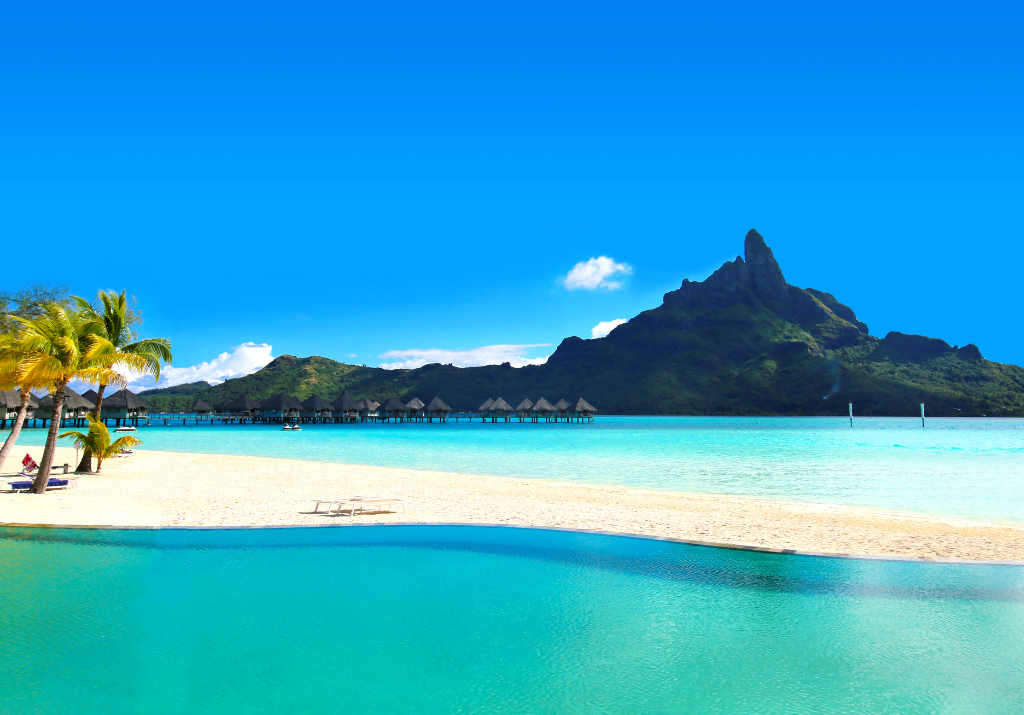
Embarking on an epic journey doesn’t have to drain your wallet; dive into our guide filled with Budget Travel Tips for Adventurers and roam freely! Everybody loves adventure. Who does not? But, going on an adventure does not necessarily mean that it has to cost a lot of money. With proper planning and execution, it is very much possible to travel and that too on a budget. With a tad bit of planning and proper management of resources, we can satisfy our wanderlust without making a dent on our savings. Whether you want to have a trekking session on the mountains, or whether you want to explore remote villages or want to experience different cultures, here are a few budget travel tips for adventures that can help you a lot, and most importantly these are 7 tips for keeping adventure travel on a budget:
Research is the most valuable player in this game
The only way to salvage the best out of your travelling experience in order to gain the most out of it is to research extensively. Find the places where the last dollar can take you. If planning to go international, find places that have the least exchange rate of currency, so that you can make the most out of your money. Choose those countries that have a lower cost of living as compared to those that have a higher cost of living. For instance, if you have to choose between Texas and Las Vegas, go for Texas if budget is the concern. Websites like Lonely Planet, Nomadic Matt, and TripAdvisor offer invaluable insights into budget-friendly destinations, accommodations, and activities.
Make good booking strategies and keep your booking dates flexible
One of the major questions before starting a journey is to how to travel on a budget. Being flexible while making a travel plan can be kept as an essential requirement, especially if travelling on a budget. A good amount of budget travel planning tips for adventurous trips is required beforehand. Always use travel comparison websites that will help you compare flight as well as train ticket prices from your home to the destination across several travel booking websites, often giving you the best deal.
Apart from this, desire to choose a time period of travelling that does not coincide with peak season. Off hours have less demand, so prices are also relatively and considerably cheaper. Be open to booking last-minute deals or opting for red-eye flights, which are often cheaper than prime-time departures. Additionally, leverage loyalty programs and travel rewards credit cards to earn points or cashback on your bookings, further reducing your overall travel expenses.
Choose accommodations that are light on your pocket
You know, for us adventurers, our accommodations are really just a place to rest our heads between explorations. The goal is to spend as little as possible on a room so we can put more money towards new experiences. That’s why I always choose budget-friendly options like hostels, guesthouses or camping whenever I can. Not only are they way cheaper than hotels but you also meet so many other travelers staying in the same place. It’s a great way to share stories and tips over a few beers in the common area.
There are some really good websites too that make finding an affordable place to stay easy. I always check out Hostelworld first since they have listings all around the world. Booking.com is also great for booking private rooms last minute if you need a bit more privacy. And these days even Airbnb has some really reasonably priced dorm rooms or shared spaces too. The best part is a lot of these budget places are in the thick of whatever city you’re exploring so you really feel like you’re immersed in the local scene. It’s definitely the best way to travel if you ask me – spend money on experiences, not just a room.
Give priority to experience instead of material comfort
Adventure travel is about immersing yourself in new experiences rather than indulging in luxury amenities. Allocate your budget towards thrilling activities like hiking, snorkeling, or cultural excursions. Seek out free or low-cost attractions such as hiking trails, public parks, or local festivals to enrich your journey without breaking the bank. Embrace opportunities for cultural immersion, such as homestays or volunteering experiences, which offer authentic insights into local life while keeping costs to a minimum. Remember that the most memorable adventures often stem from meaningful interactions and immersive experiences rather than material comforts.
Eat like a local
Sampling local cuisine is an integral part of any travel experience, and it does not necessarily need to be expensive. One should avoid tourist traps and instead opt for street food vendors, local markets, and modest local eateries frequented by residents of the area. Not only will a traveler savor authentic flavors unique to the region, but they will also save a significant amount of money compared to dining at upscale restaurants. We recommend experimenting with regional specialties and local street foods to tantalize one’s palate without exceeding one’s budget. Additionally, consider preparing your own meals using fresh ingredients from local markets or grocery stores, especially if your accommodations include a basic kitchenette. Cooking your own meals not only saves money but also allows a traveler to bond with fellow travelers over shared culinary adventures in preparing and enjoying the meals together.
Choose transportation methods that are budget friendly
Transportation costs can quickly consume a meaningful portion of one’s travel budget if not carefully managed. However, with prudent planning, these expenses can be mitigated. Consider adopting alternative modes of transportation such as public busses, passenger trains, or shared taxis, as they are often more cost-effective than renting a private vehicle or relying solely on air travel. Take time to research the local transportation network and look for opportunities to purchase multi-day or unlimited-ride passes, where available, to maximize savings.
Leverage ride-sharing services or coordinate carpooling arrangements with fellow travelers, especially for longer journeys or destinations not easily accessed via public transit, in order to divide costs amongst participants. Additionally, walking or cycling could serve as viable options for short-distance excursions to explore your destination at a leisurely pace while preserving financial resources otherwise spent on motorized transportation. Be sure to account for transportation costs comprehensively when establishing your travel budget and identify approaches to minimize outlays without unduly compromising on convenience or comfort levels. Proactive planning stands to meaningfully impact transportation expenditures without detracting from one’s overall travel experience.
Stay Flexible and Open-Minded
Maintaining a flexible approach is essential for successful budget travel. Minor unexpected expenses and potential changes to the itinerary are common occurrences in travel, requiring adaptation to new circumstances. Embracing serendipitous encounters and spontaneous diversions that may lead to memorable experiences can enrich the travel experience without overspending. Remaining open to alternative lodging options, destinations outside typical tourist areas, and recommendations from locals can both enhance the cultural experience while also saving costs.
Flexibility is Paramount for Effective Budget Travel
It is important to note that adventure inherently involves embracing the unknown and venturing outside one’s comfort zone at times. Therefore, retaining an open and flexible mindset as one embarks on their value-conscious journey is key. With an adaptive and open-minded approach to handling variability, budget travelers can maximize memorable experiences and cultural enrichment while minimizing costs.
Addressing some frequently asked questions:
Q1) What is a good budget for travelling?
There is not a definitive answer for this. Logically speaking, the definition of budget is different for different people. But to be general, any budget for an outing largely depends on the location of the destination, the duration of travel, and a lot of personal preferences. For instance, you can travel to the same destination via airplane or via train or road. The air route might be quicker but is lot more expensive as compared to a road trip that might cost less but take significantly more time.
Similarly, one may choose to stay in a motel or in a lavish hotel – the more the luxury the more the cost increases upfront. In general, as a point to remember, always keep in mind to allocate your resources wisely, giving more priority to experience and comfort over luxury. Researching your destination’s average costs for accommodations, meals, transportation, and activities can provide a rough estimate to guide your budget planning.
Q2) How do I vacation on a tight budget?
Organizing your travel budget involves setting clear financial goals, conducting thorough research, and tracking expenses diligently. Start by establishing a realistic budget based on your destination, travel style, and duration. Allocate funds for essential expenses such as transportation, accommodations, meals, and activities, leaving room for unexpected costs. Utilize budgeting tools or apps to monitor your spending and make adjustments as needed to stay within your budget. Creating a vacation budget entails careful cost tracking, extensive research, and well-defined financial objectives. First, figure up a reasonable spending limit based on the length, style, and location of your trip. Set up money for necessities like travel, lodging, food, and entertainment, but also allow for unforeseen charges. Make use of applications or tools for budgeting to keep an eye on your expenditure and make necessary modifications to stay within your allocated amount.
Q3) How do you budget for beginners?
Budgeting is a skill that takes some time to develop. No one is a born negotiator. You learn things with time. With that being said, you have got to start at some point. For starters, you can have an estimate of the total funds that you have available with you, and then based on that, start allocating funds to various sectors – be it transportation, residence, accommodation, food, travel, activities, and emergencies. Research average costs for your destination and adjust your budget accordingly. Keep a track of all the expenses that you are going to make and ration accordingly. Make sure you never exceed a particular threshold value that you have decided for yourself. Over time, you’ll develop a better understanding of your spending habits and refine your budgeting skills accordingly
Q4) How do I organize my travel budget?
Setting reasonable financial goals, conducting extensive research, and maintaining detailed expense records are all required for planning your vacation budget. First, choose a suitable budget for your trip, taking into account its length, style, and destination. Set up money for needs such as hotel, meals, activities, and transportation, but also for unexpected expenses. To stay inside your budget, log your expenses and make any required modifications with budgeting applications or tools. By taking advantage of these budget travel planning tips for adventurous explorations, you can surely save a lot
Q5) How can I save money on activities and attractions during my travels?
While travel costs can add up quickly, budget-conscious travelers have options for minimizing expenses on activities and attractions through strategic planning and creativity. Begin your research by thoroughly exploring the free or low-cost offerings in your chosen destination, such as public parks and gardens, museums with discounted or waived admission on certain days of the week, and guided walking tours led by knowledgeable local volunteers. Also investigate bundled passes or discount cards that provide savings when visiting multiple cultural sites and entertainment venues.
Nature lovers will find that many outdoor recreational activities like hiking, swimming, bicycling require little more than proper clothing and equipment, avoiding pricey rental or instruction fees. Beyond the typical tourist attractions, seek out community events like festivals, performances, and gatherings for an authentic experience immersed in the local culture without breaking the bank. With diligent preparation of affordable options, travelers can stretch their funds and enjoy abundant entertainment on any budget.
Conclusion
We hope you liked the budget travel planning tips for adventurers. To be precise and not beating around the bush, in a nutshell, one can conclude that it is not always necessary that adventure and travelling are synonymous with high budget. With the proper planning and the right execution, travelling can be done on budget as well. Sure, you might have to make some compromises here and there, but one thing can be said with certainty that even with these compromises, it would not hamper the memories that you are going to create at these places.
People earn money for themselves, and they deserve to pamper and reward themselves a little. Embrace the thrill of exploration, connect with fellow travelers, and relish this enjoyable experience of life. After all, the greatest adventures often arise from the most modest budgets. So let us begin this journey of travel but with a pocket friendly budget!
More to read:

